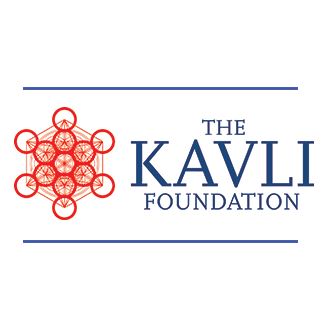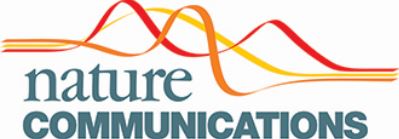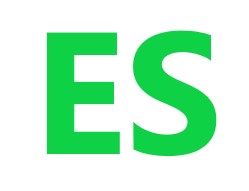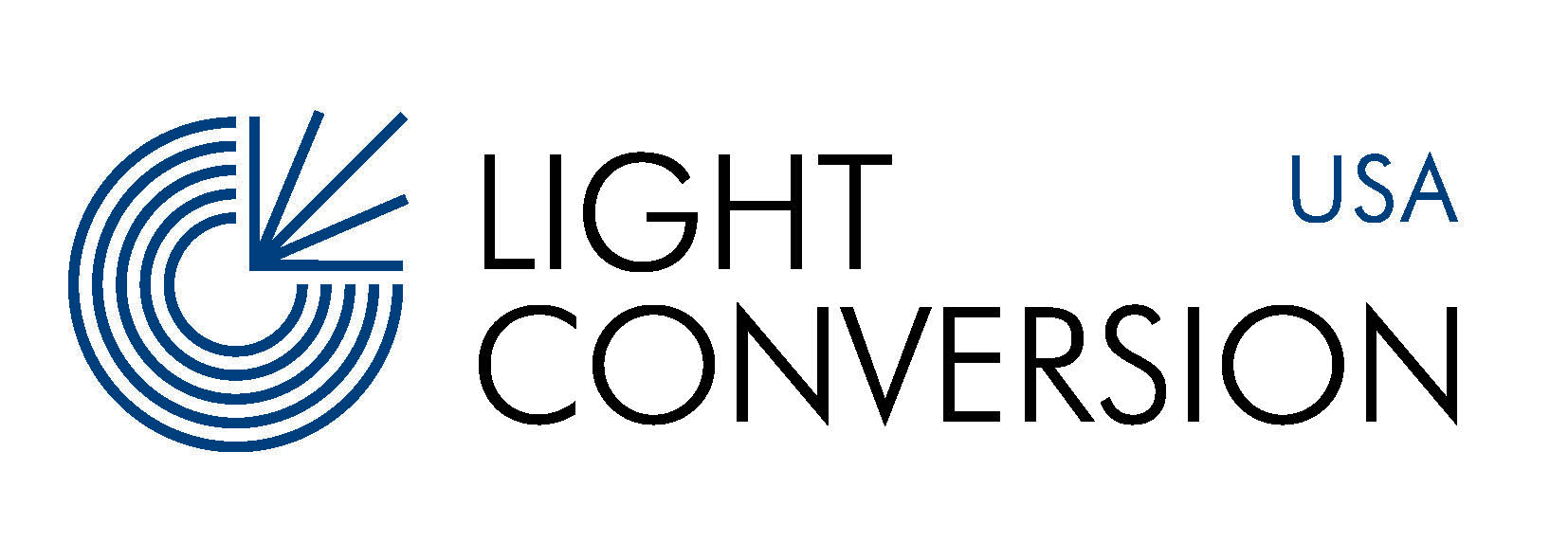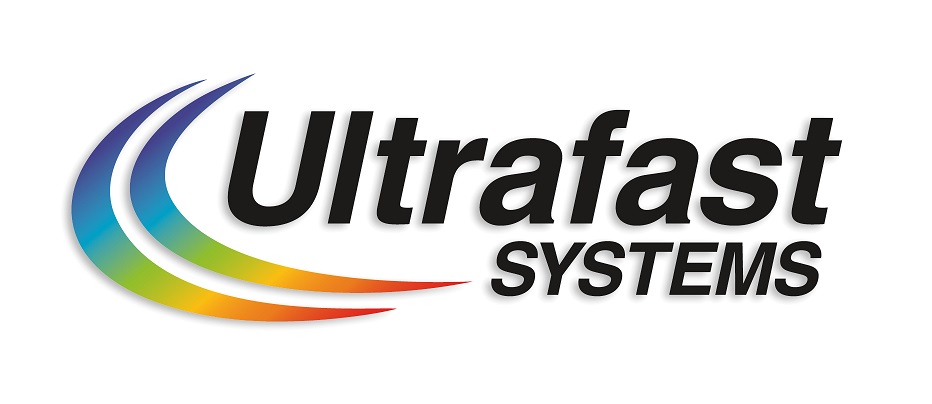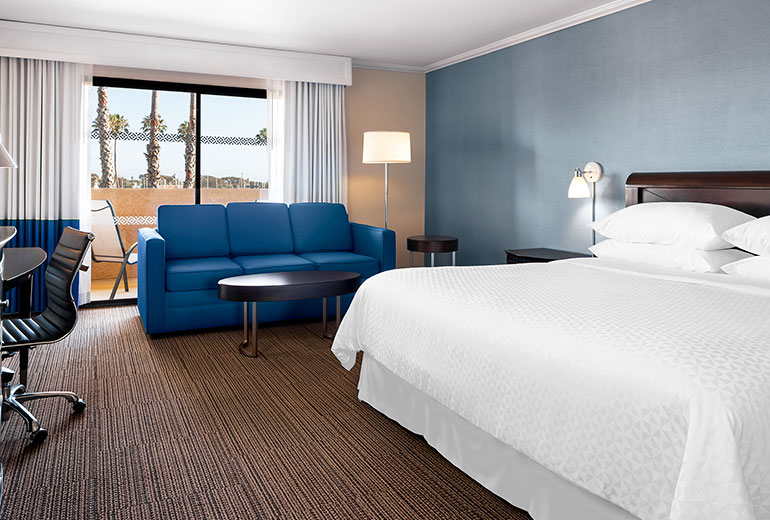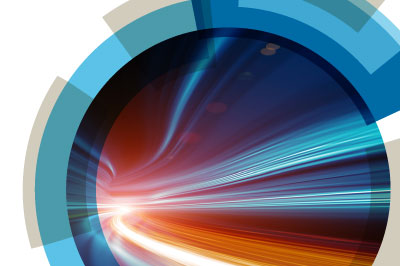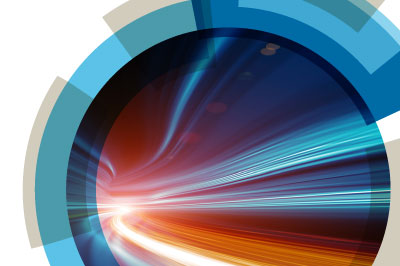Welcome
Join us in Ventura, California in April 2019 for this addition to our Faraday Discussion series. For over 100 years and 300 meetings, Faraday Discussions have been the forefront of physical chemistry. Many of these Discussions have become landmark meetings in their field.We invite you to join us to discuss the topic of Ultrafast photoinduced energy and charge transfer and make your contribution to this cutting-edge dialogue alongside leaders in this field.
This meeting is for established scientists, post-graduate students and industrial researchers interested in an ever-increasing range of spectroscopic probes and computational methods to explore photo-induced biomolecular and nanoscale dynamics. Given the impressive recent advances in the commercialisation of ultrafast laser technology and on many theoretical fronts, plus the societal emphasis on solar energy, the unique format of the Faraday Discussions will allow for in-depth discussions and opportunities to establish new collaborations.
On behalf of our committee, we look forward to welcoming you to California.
Mike Ashfold
Co-Chair
Steve Bradforth
Co-Chair
Format
Faraday Discussions remain amongst the only conferences to distribute the speakers’ research papers in advance, allowing the majority of each meeting to be devoted to discussion in which all delegates can participate. Following each meeting a written record of the discussion is published alongside the papers in the Faraday Discussions journal.Find out more about the Faraday Discussions in this video:
Themes
This Faraday Discussion aims to bring together leading experimental and theoretical colleagues who use an ever-increasing range of spectroscopic probes and computational methods to explore photo-induced biomolecular and nanoscale dynamics.Topics for discussion will span, but not be limited to, the mechanisms of energy transfer in both natural and synthetic systems, including the role of electronic/vibronic coherences, key design features required for efficient proton coupled electron transfer, and molecular mechanisms of natural photo-protection.
The Faraday Discussion will be organised into the following themes:
Energy and charge-transfer in natural photosynthesis
Photosynthetic organisms harness energy from sunlight to power most biological activity on Earth, and have been intensely studied by experiment and theory. This session will seek to, for example, (i) explore the extent to which we can visualise, through experiment and companion high level ab initio theory, the transfer of energy and charge in pigment-protein light harvesting antennae, (ii) address whether electronic/vibronic coherences play a role in energy transduction at reaction centres (of higher plants and bacteria), and (iii) establish a photosystem or membrane level model of energy transfer in photosynthesis.
Photovoltaics and bio-inspired light harvesting
Intense research activity is currently being directed at synthesising devices incorporating efficient photovoltaic materials that take advantage of the abundant solar flux on Earth for transduction into electricity. This session will focus on fundamentals, including (i) investigating the ultrafast molecular mechanisms underpinning efficient light capture and subsequent hole and charge carrier formation, (ii) elucidating the nature of trap states in thin films of photovoltaic material, (iii) establishing links between the very early time charge/exciton/hole dynamics and the spatial homogeneity and morphology of such films, and (iv) exploring the extent to which molecular based architectures from biology could be incorporated into future photovoltaic materials and/or devices.
Photo-induced electron transfer
Proton-coupled electron transfer reactions are increasingly becoming recognized as one of the key mechanistic steps in photosynthesis, water splitting, enzyme catalysis and redox reactions. Despite their prevalence in nature, a general set of principles for their operation has yet to be fully established. This session will explore topics like (i) the extent to which experiments can distinguish between the operation of concerted PCET or sequential proton/electron transfer processes, (ii) what molecular requirements are necessary for the operation of a photo-induced PCET process, and (iii) how these design principles might be exploited in potential water splitting or future designer enzyme catalysts.
Photo-protection/photo-damage in natural systems
Natural systems such as photosynthetic membranes and DNA have in-built molecular mechanisms for photo-protection and repair. This session will focus on topics such as (i) understanding the role of dark states in carotenoid photophysics, (ii) probing further the molecular mechanisms of non-photochemical quenching in plants, i.e. state transitions, energy dependent quenching (qE), etc., and (iii) understanding the photo-damage processes that occur in excited states of model DNA and related systems.




